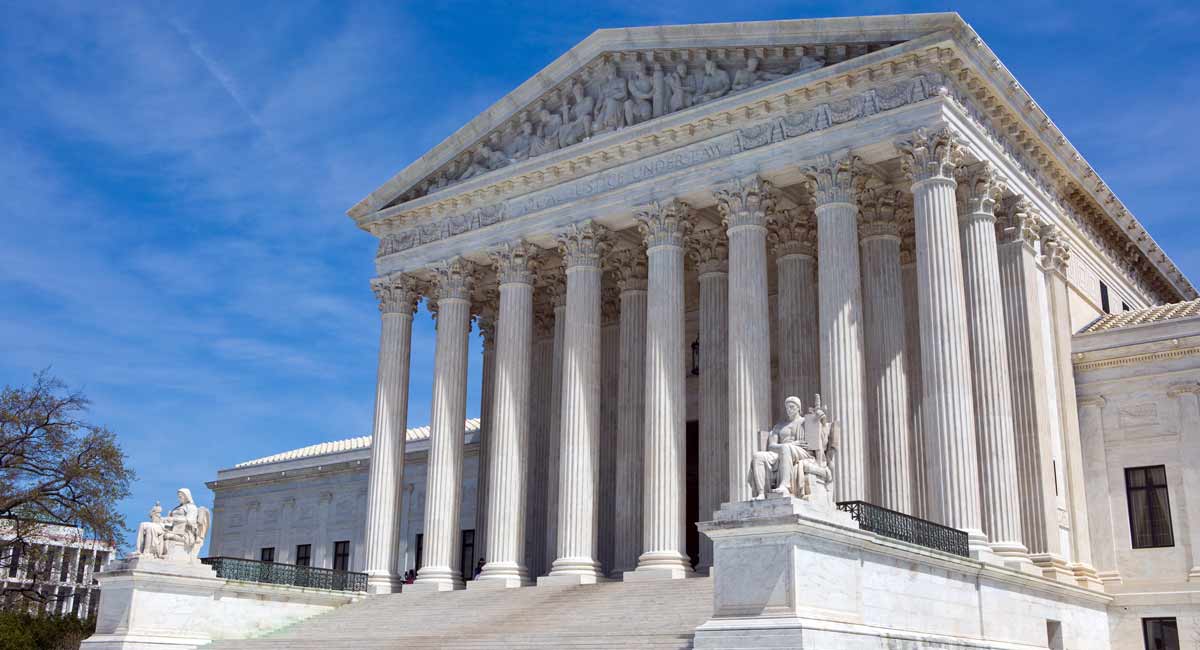The Supreme Court will hold its annual long conference in September, where several pro-life cases will be heard. During the long conference, the court will evaluate thousands of petitions and motions, and decide which ones to officially hear in October. In the pro-life cases, both involve banning abortions based on Down syndrome or other disabilities.
Schmitt v. Reproductive Health Services will be reviewed during the long conference on September 27, dealing with a law overturned by the Eighth Circuit Court of Appeals. The law would have banned abortions after eight weeks of pregnancy, as well as abortion due to a diagnosis of Down syndrome.
In a press release, Missouri Attorney General Eric Schmitt outlined the three questions he wants the Supreme Court to address:
Whether Missouri’s restriction on abortions performed solely because the unborn child may have Down syndrome is categorically invalid under Casey and Roe v. Wade, 410 U.S. 113 (1973), or whether it is a valid, reasonable regulation of abortion that seeks to prevent the elimination of children with Down syndrome through eugenic abortion?
Whether Missouri’s restrictions on abortions performed after eight, fourteen, eighteen, and twenty weeks’ gestational age are categorically invalid, or whether they are valid, reasonable regulations of abortion that advance important state interests?
Whether the “penumbral” right to abortion recognized in Roe v. Wade, 410 U.S. 113 (1973), and partially reaffirmed in Planned Parenthood of Southeastern Pennsylvania v. Casey, 505 U.S. 833 (1992), should be overruled?
READ: Mother refused abortion for son with Down syndrome. Now he is three and thriving
Further, the petition asks the Supreme Court to overturn lower court rulings that found the ban on discriminatory abortions unconstitutional. It reads:
Our society has come a long way in 39 years, since doctors viewed people like Chris Nikic as ‘mere blobs’ who ‘are quite incapable of telling us what they feel, and what they sense.’ But despite these advances, deeply entrenched forces within our medical establishment continue to treat unborn children with Down syndrome as ‘mere blobs.’ Unborn children with Down syndrome are aborted at epidemic rates. Medicalized discrimination and directive counseling contribute heavily to their elimination.
In the face of this genocidal crisis, Missouri and at least 11 other States have enacted laws restricting the eugenic abortion of the disabled, especially those with Down syndrome. In 2019, this Court declined to review the Seventh Circuit’s decision invalidating one of these laws — Indiana’s — because no Circuit split yet existed. Since then, a clear and well-developed split of authority has emerged.
The other case being heard is Rutledge v. Little Rock Family Planning Services, in which the state of Arkansas is asking the Supreme Court to reverse lower court rulings striking down the state’s ban on Down syndrome abortion. In a press release, Attorney General Leslie Rutledge called the lower court rulings erroneous and asked them to be overturned.
“In my personal experiences, I know individuals with Down syndrome have an extra chromosome, but they also have extra love to give and I will fight for these innocent individuals who are a gift from God,” she said. “The Constitution does not sanction killing an unborn child just because that child may have Down syndrome and I will not stand by and allow this practice to happen.”
“Like” Live Action News on Facebook for more pro-life news and commentary!







